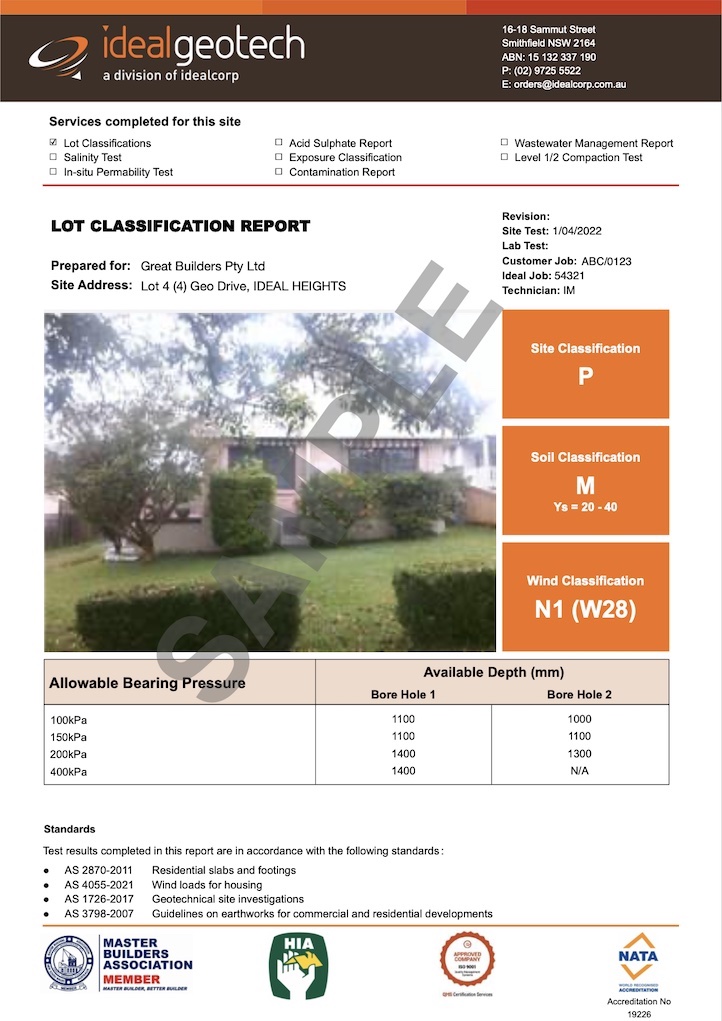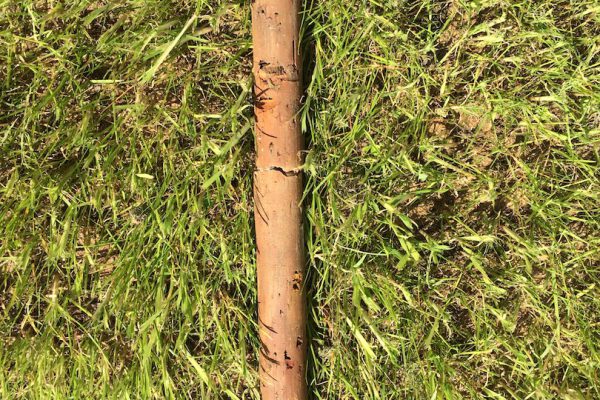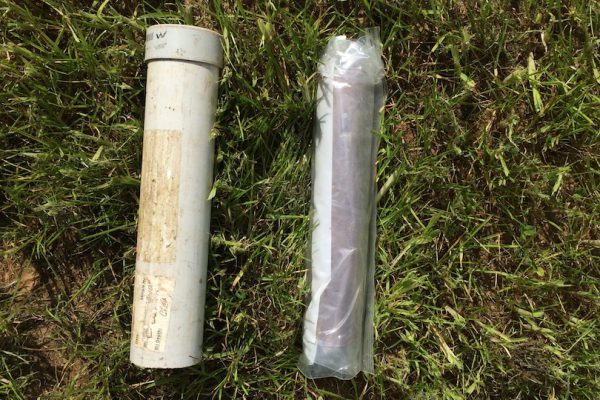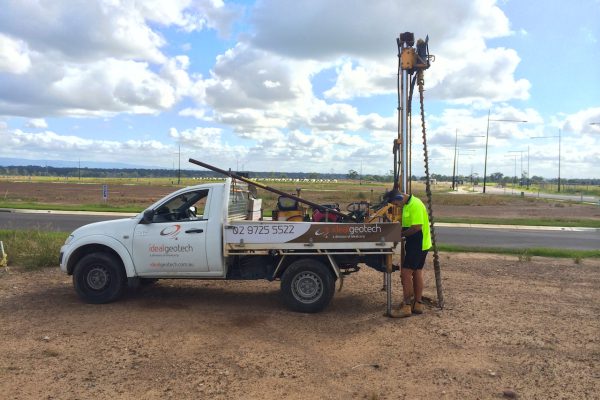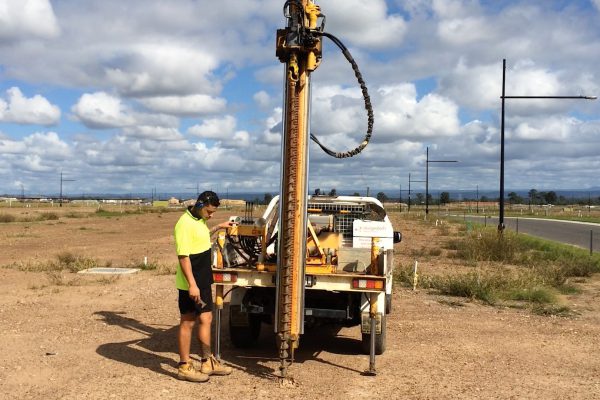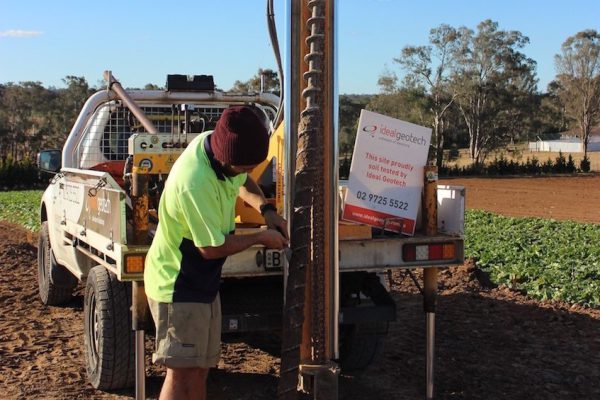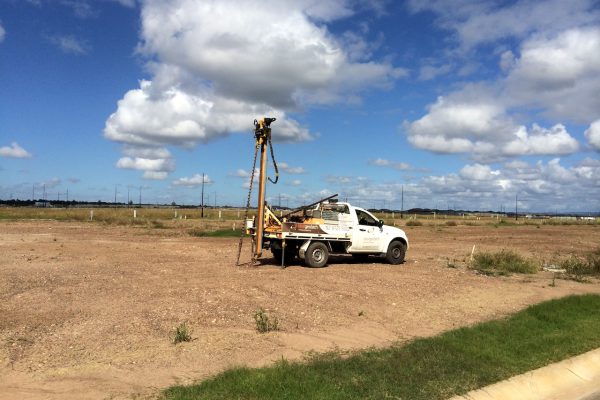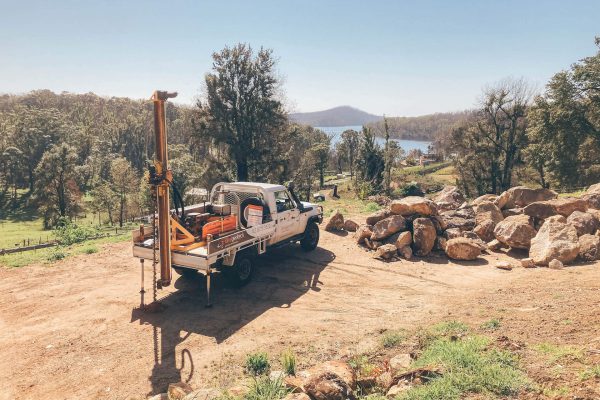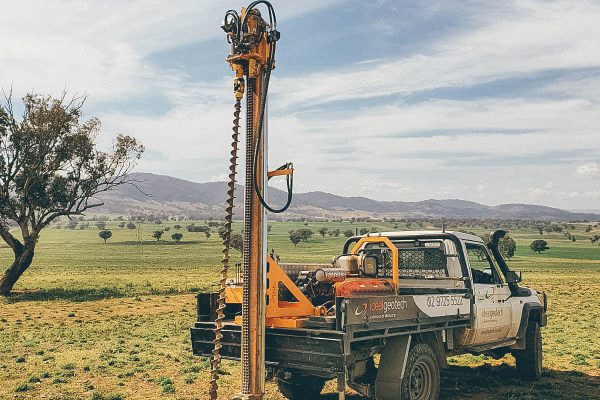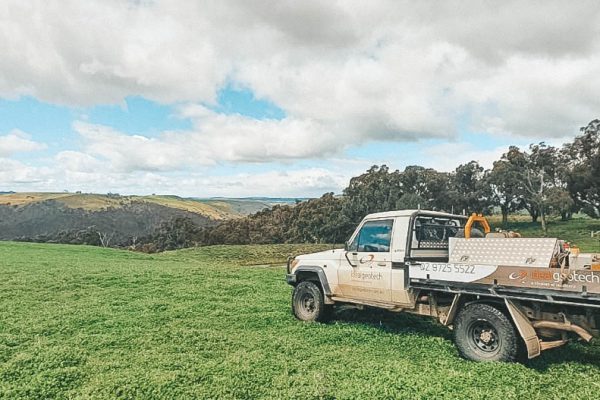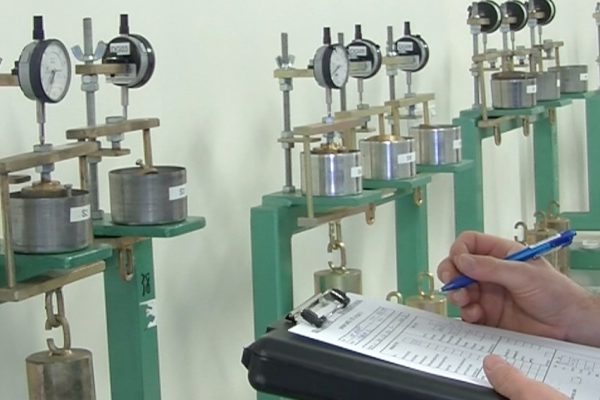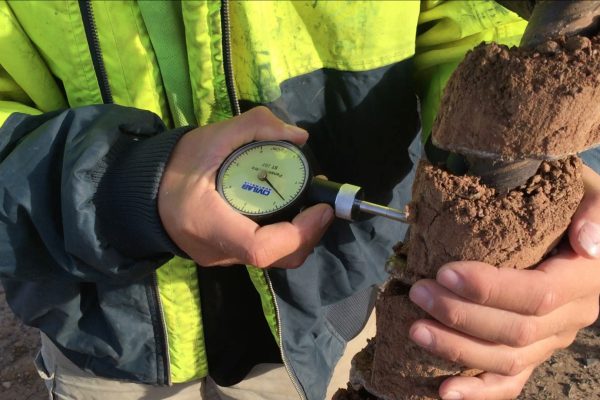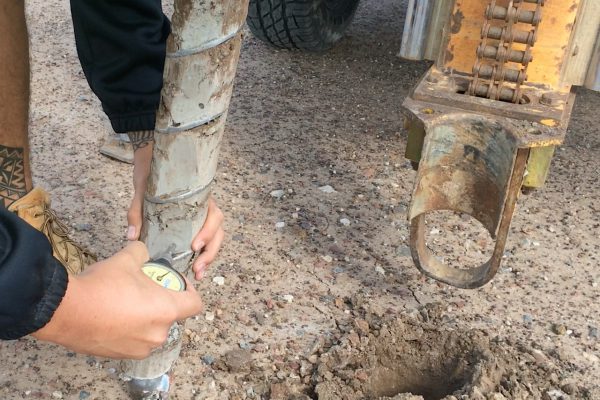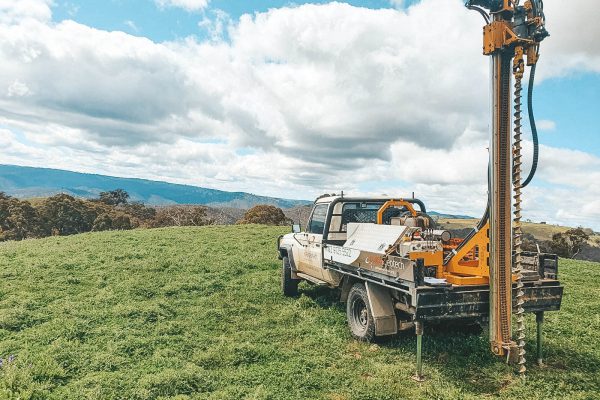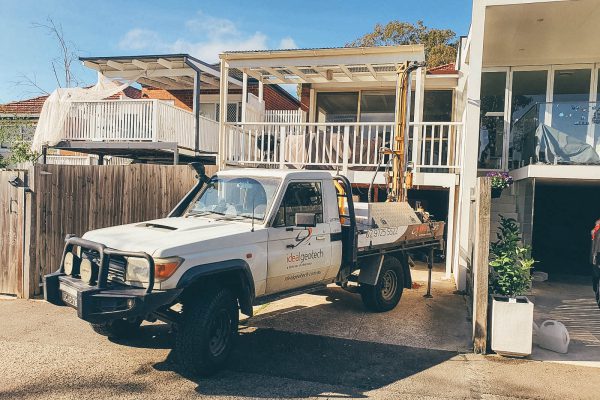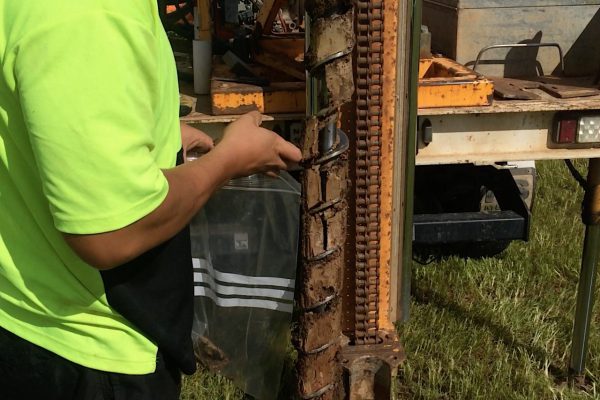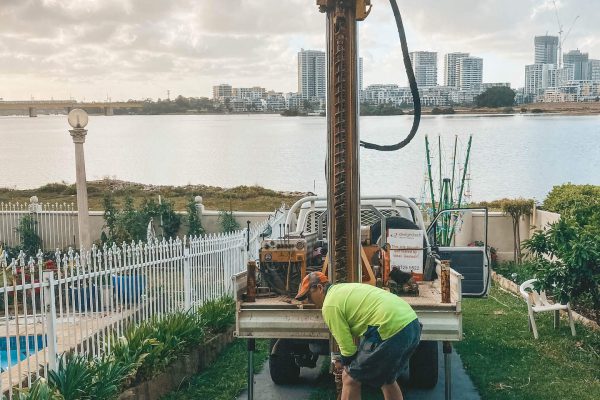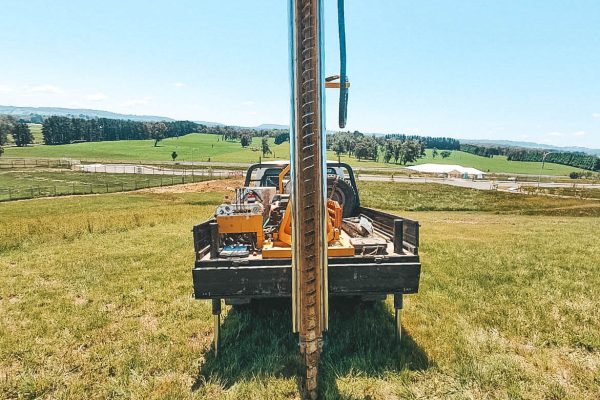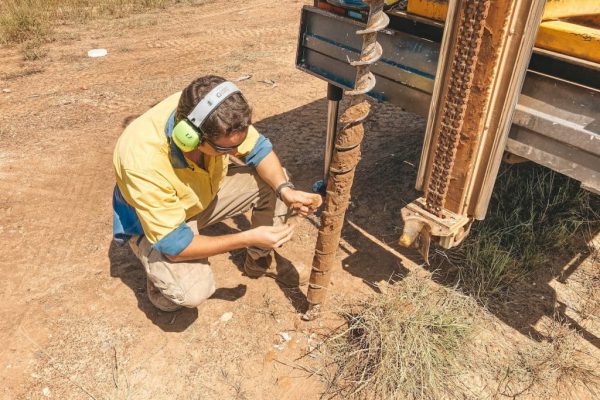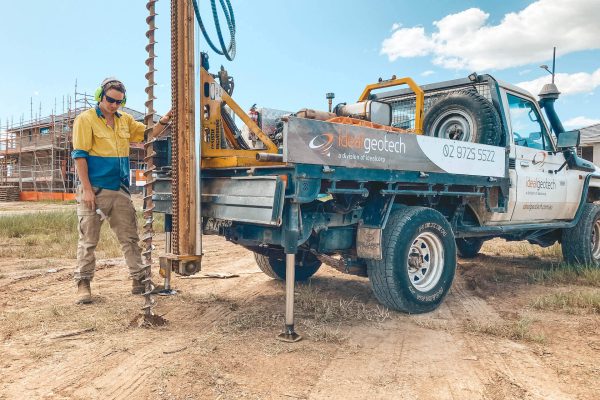LOT CLASSIFICATIONS
Reports in 5-7 days in metro areas – Control your tender process!
The most common geotechnical report requested for residential home construction is what’s referred to as a “Lot Classification” also known as a site classification, site investigation or soil test.
It’s a series of tests conducted on a site to classify the soil conditions, enabling the engineer to design the building foundations. If you’re looking to build with a project home builder this is the type of geotechnical report requested by the major home builders. Ideal Geotech are well suited for this market with a large fleet of geotechnical rigs covering NSW, ACT and South East Queensland.
Additionally to a Site/Lot Classification some residential projects will require further investigation/testing depending on the construction, where the site is and if there are any council DA compliance requirements.


